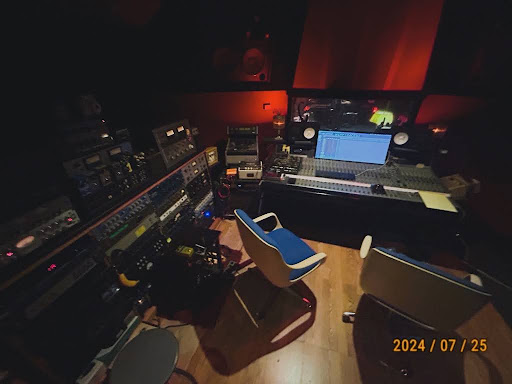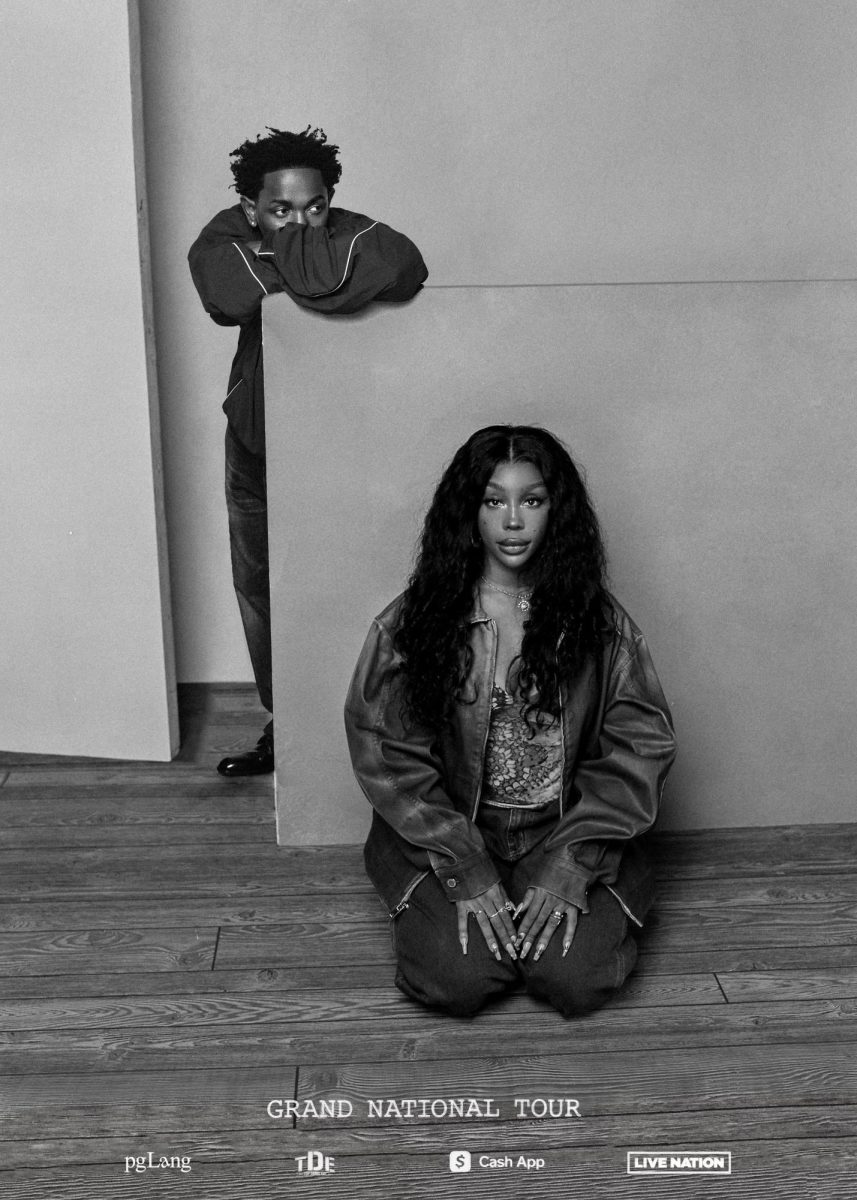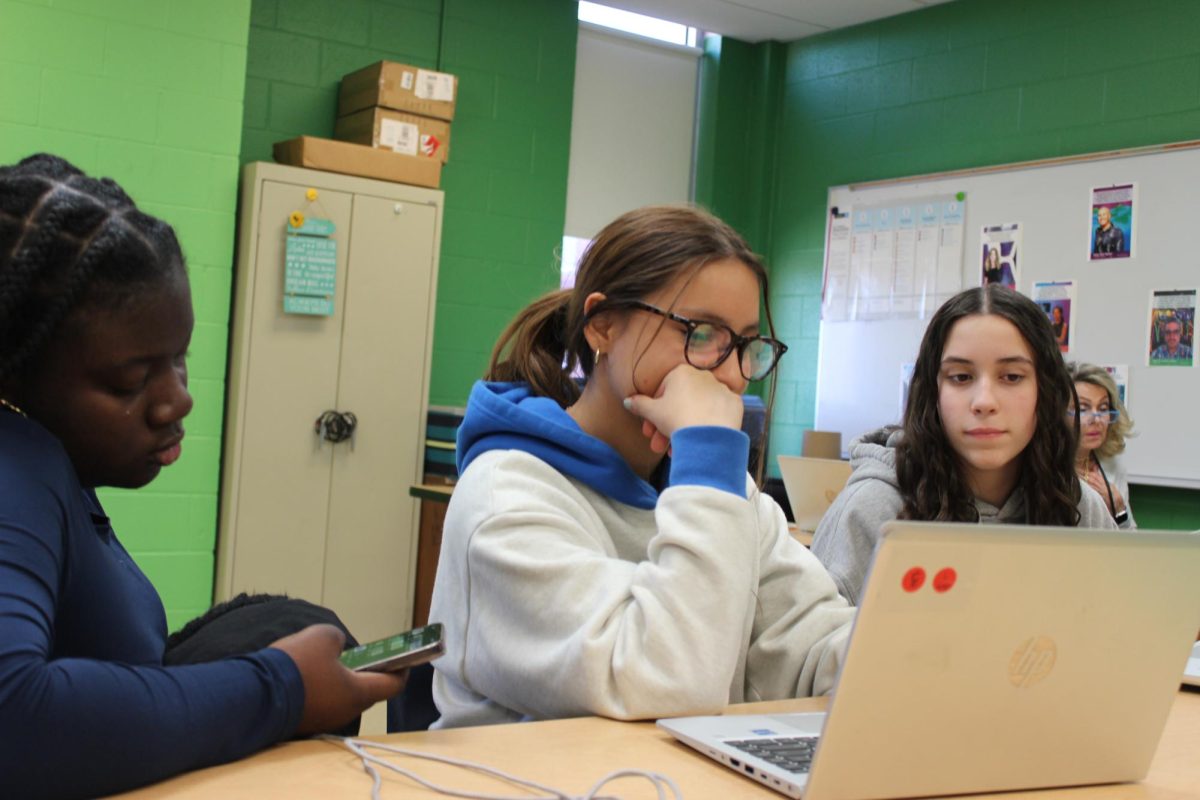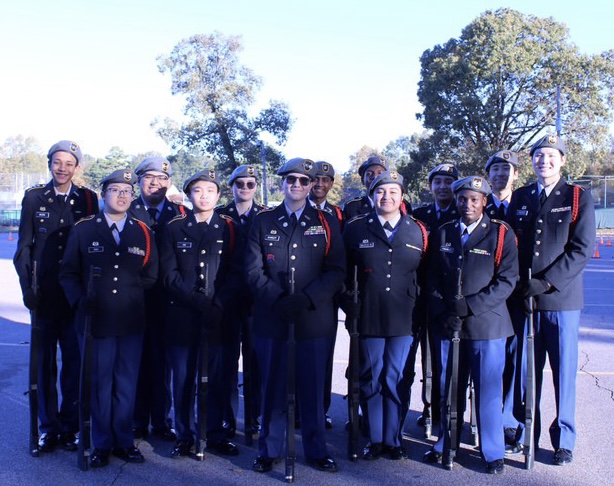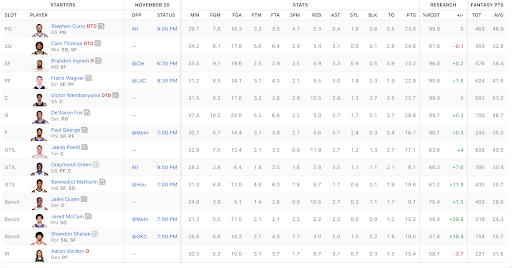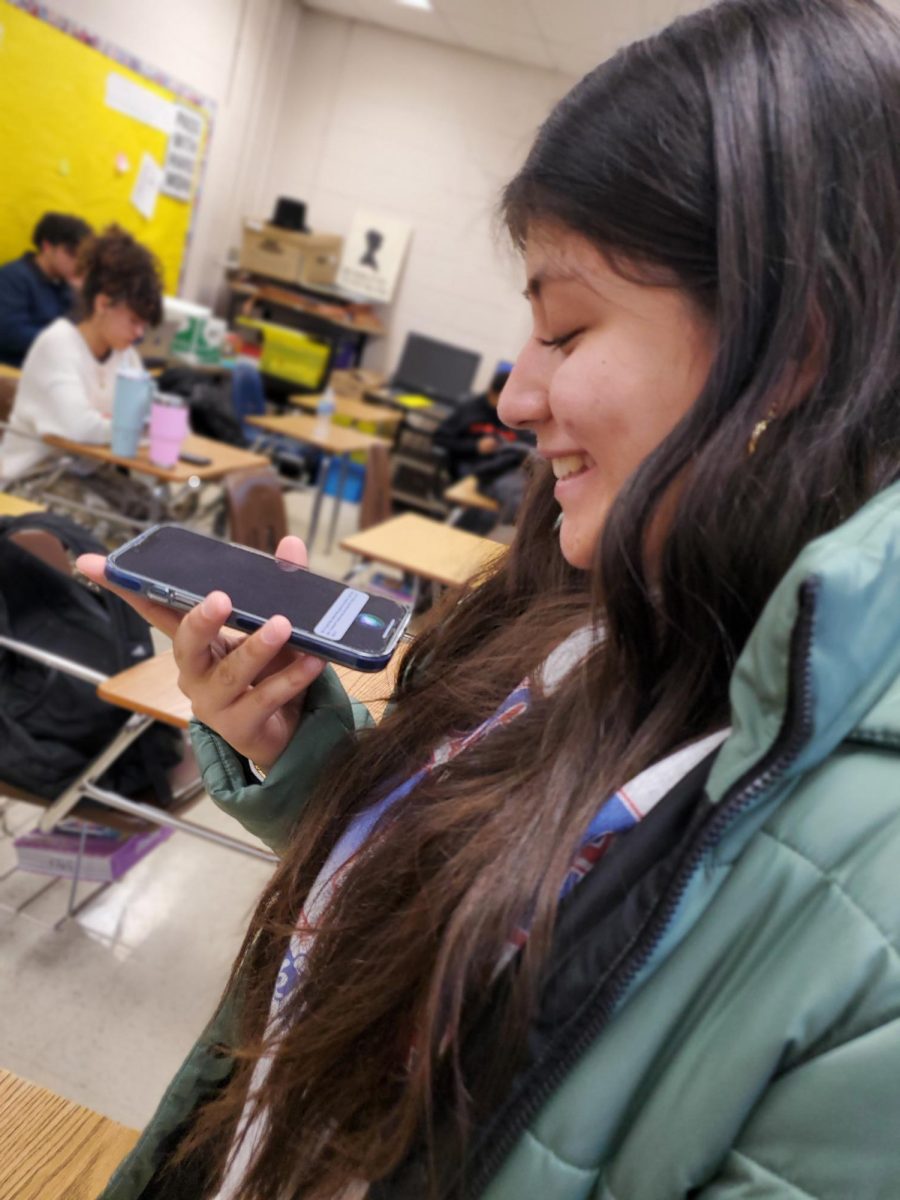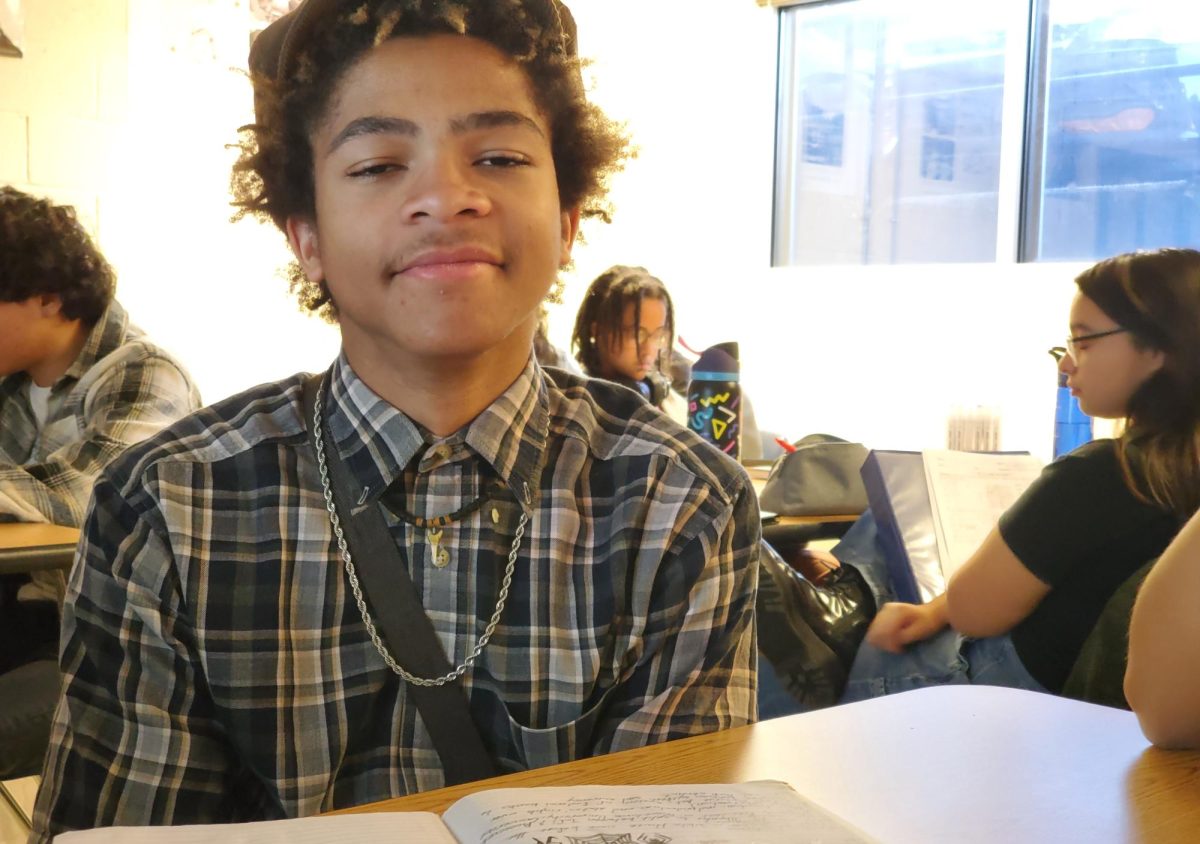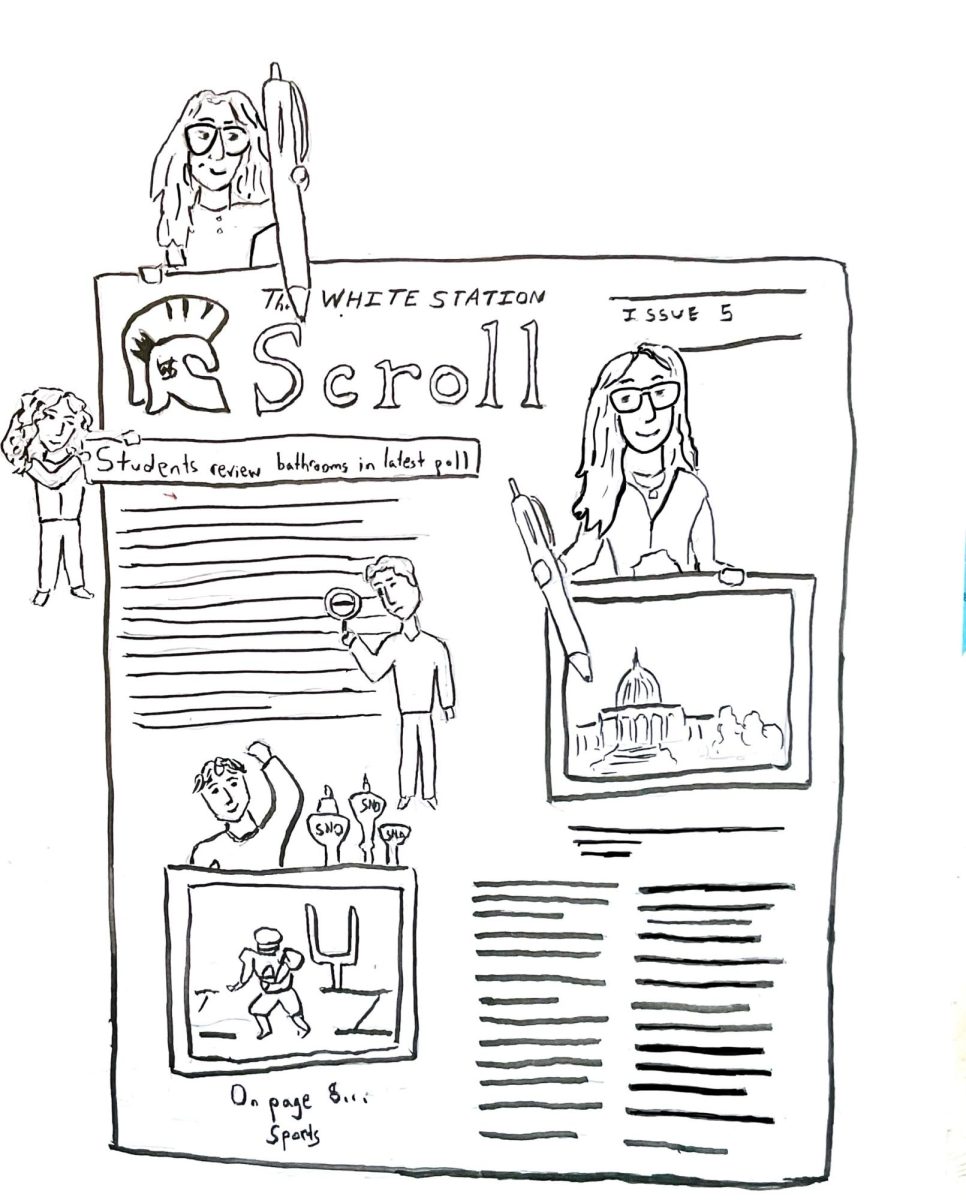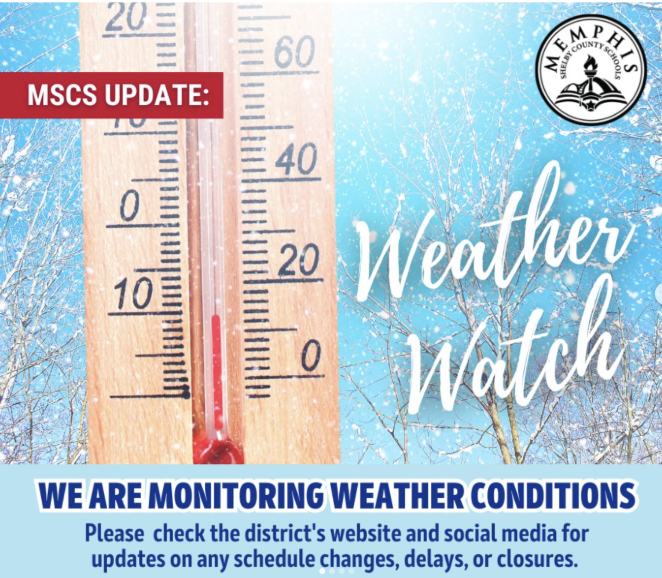Due to concerns of exposure, the subjects will be attributed as Source A, B and C.
With the extensive list of materials required for students during the school year, many turn to piracy to get what they need. These students visit illegal or pirated websites to access textbooks or novels needed for class. This is called educational piracy.
“[Educational piracy] is not necessarily hurting anyone,” Source A said. “It’s just making things more available for people who can’t afford it or don’t have access to it.”
Educational piracy can sometimes be a way for students in lower-end financial situations to get the resources they need for school. It is a way for those who need resources or information to receive what they need without having to worry about monetary cost.
“If [students] don’t have the things that they need to help them understand a subject, they might feel less inclined to pay attention,” Source A said.
On the other hand, it is important to realize that some only pirate to find ways around minor problems. Maybe they do not want to deal with carrying a book around. Maybe they do not want to pay for a book, even if they can afford it.
“While some stuff is too expensive, I think [pirates are] mostly people who don’t really care or don’t know how to find something,” Source B said. “It’s mostly people who are looking for shortcuts.”
While some who pirate do it out of necessity, some only pirate what they want. The piracy of entertainment is as common, if not more common than educational piracy. This is not because the pirates need the entertainment to succeed, or that they will be at a disadvantage without it; it is only for their enjoyment.
“I actually know a couple of people who pirate things like movies and video games,” Source A said. “They teach me how to [pirate], and they even know ‘the good sites,’ where you can go on a website without getting a virus.”
Of course, whether it be for education or enjoyment, piracy has its downsides. Those who distribute pirated materials, if caught, can face up to five years in prison and up to $250,000 in fines. In 2000, the file sharing platform Napster was shut down by a federal judge after it had been used to illegally distribute music, film and television.
“I don’t think it’s ethical,” Source C said. “It’s stealing something that’s not yours, and using it for personal gain…the people who made it are losing out on a potential sale, and you’re hurting their livelihood.”
While piracy can be an essential tool for some students to get the materials they need, it also comes with the consequences of being an illegal activity.
“[Piracy is justifiable] if the process to get entertainment is unjustifiably hard or expensive, like how entertainment is split between tons of different streaming services,” Source B said. “But if it’s just like, you didn’t want to pay five dollars for a movie, then it’s not.”



